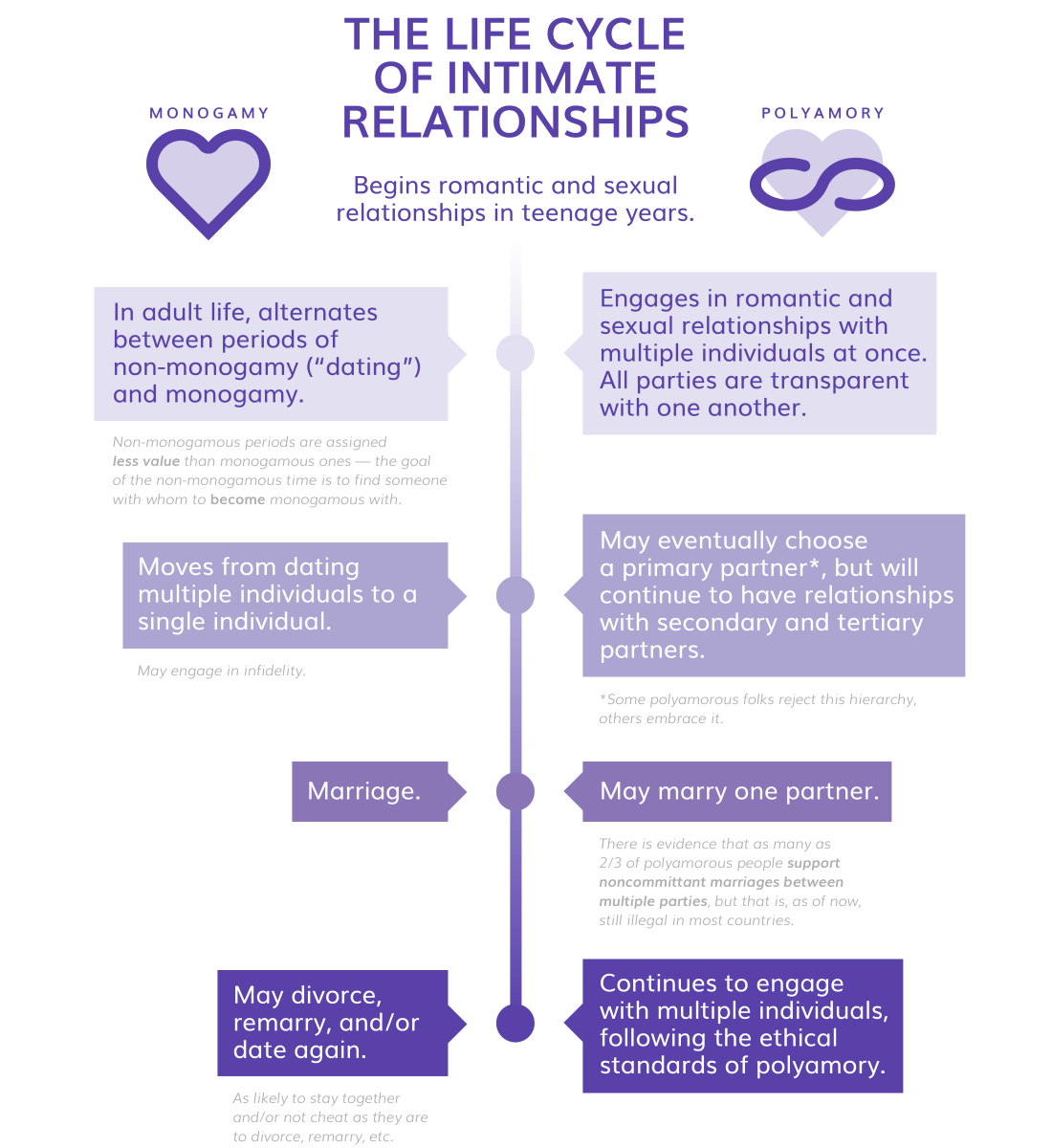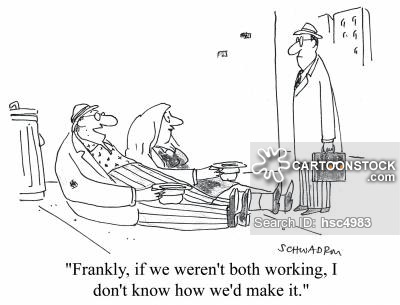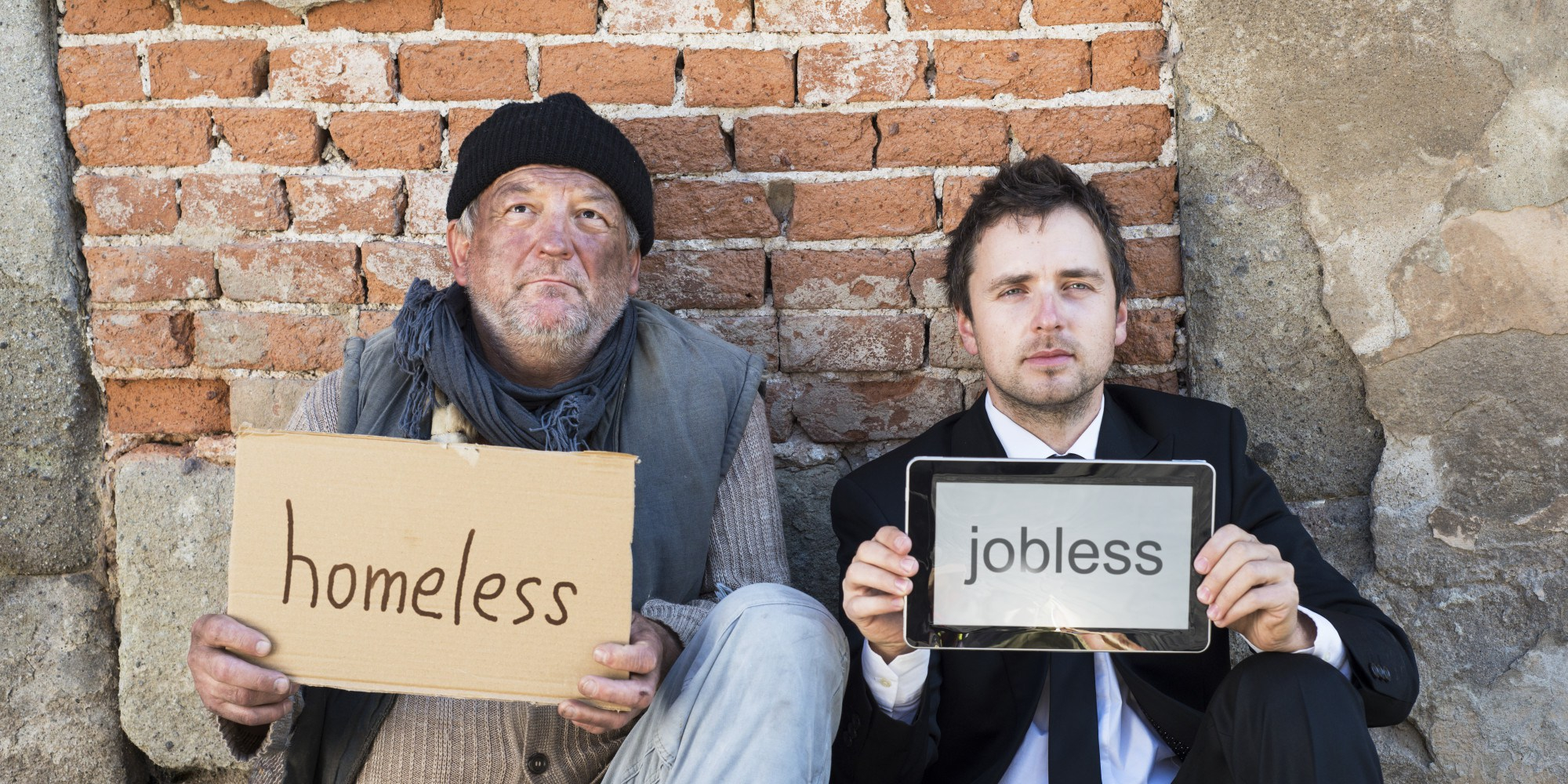The idea for this blog post came after some recent publications that were discussing changes in modern family composition, particularly in relation to adults having multiple romantic relationships within the family unit. One of my favourite journalists Louis Theroux addressed this issue on BBC Two this week in his series of programmes called Altered States. The episode was called ‘Love Without Limits’ and gave a brilliantly insightful view of three American families that have incorporated this lifestyle into their domestic setups. Watch Love without Limits Here
For those of you unfamiliar with the term ‘polyamory’, a definition can be found below. The important distinction for me is that the people involved are both aware and consenting with the relationships that are occurring. Some of the relationships are traditional threesomes, where partners share beds and engage in collective sex. It can also be relationships that are separate and in a similar fashion to polygamous marriages, partners will take turns with each other and can effectively have certain aspects of their relationship that are exclusive to particular partners. I think it is important to demarcate these configurations from being simply seen as ‘swingers’, as the relationships are often functional, resource sharing opportunities, inclusive of child care and not just built around stereotypical sexual perversions or mate swapping.
(from Greek πολύ poly, “many, several”, and Latin amor, “love”) is the practice of, or desire for, intimate relationships with more than one partner, with the consent of all partners involved. It has been described as “consensual, ethical, and responsible non-monogamy”

As a relationship therapist and a researcher in family organisation, I am incredibly interested in polyamory and have always considered that the idea that traditional monogamous relationships that provide all of our physical, emotional, sexual, financial and spiritual needs are highly ideological and at some level unrealistic. The evidence for traditional relationships not fulfilling contemporary needs comes both from demographics that show nearly half of marriages failing (ONS 2018), as well as years of clinical practice with couples who have often come into treatment due to one or both partners having had an extra-marital affair (Rates of people in the UK admitting to having had at least one affair vary from 25 -50%). The graph to the right is findings from research conducted by an Italian dating site that collated data of disclosed affairs in European countries. Discoveries of infidelity are often highly wounding to both partners and can lead to relationship breakdown, alongside intense feelings of betrayal and blame. I addressed this attribution of affair accountability in a previous blog – It’s your fault I had the affair… How gender can influence infidelity blame attribution.
I think that with affairs, one of the most tantalizing and seductive elements is the secrecy, which produces a mixture of guilt and excitement that is often reported by the individual having the affair. It is also this same alchemy that leads to the intensive emotional destruction that typically follows the affair becoming unearthed, when betrayal causes the recipient to feel duped, humiliated and that their entire relationship was farcical. In contrast, polyamory removes the secrecy, and as a result, also removes the explicit betrayal, as the relationships are common knowledge, agreed upon and consensual. The diagram below from Dr Elisabeth Sheff illustrates the differences between monogamy and polyamory.

In some respects, if a relationship finds a couple having incompatible sexual drives or preferences, or one partner who is unwilling or unable to meet other emotional or physical needs, polyamory allows needs to be fulfilled without ending the existing relationship. Ideologically this makes sense, as it allows families to remain intact and for partners to have their all needs met, theoretically making them happier. This is the idea that underpins many of the relationships in Louis Theroux’s documentary when he introduced the novel concept of ‘compersion’ to my lexicon…
compersion (uncountable) The feeling of joy one has experiencing another’s joy, such as in witnessing a toddler’s joy and feeling joy in response. The feeling of joy associated with seeing a loved one love another; contrasted with jealousy.
In practical terms, I have seen marriages forced into this arrangement through illness, disability or other unplanned circumstances. In these cases a previously available aspect of the marriage was no longer able to be accessed, and rather than abandoning the afflicted, the couple incorporated alternative people to meet certain needs. However, in some cases, polyamory is a lifestyle choice and I wonder if this could be propagated by the increasing sense of successful individualism, the importance of self, disposability and hedonism that is now prevalent in a social media-driven Western society. In terms of cultural influences, I also imagine that the movement away from heteronormative married couples with biological children is also a factor. With a rise in blended and queer families, single parent and communal lifestyles, the nuclear family is no longer the only choice and is the result of this an evolution to polyamory?

So, upon watching the documentary that met families identifying as polyamorous, what did I discover? The most interesting aspect for me was the distribution of power and what seemed like what I interpreted as ‘reluctant or forced consent’ from some individuals. It appeared that within these arrangements, only one person seemed to be benefitting and was genuinely happy, as they were able to be a parent, lover and companion to the people they wanted. The other people seemed to take more of a position of acquiescence, where they seemed compelled into satisfied compliance about being in a polyamorous relationship where they received a paltry share of the material benefits.
In one case Heide and Jerry were a traditionally married couple until Heide started to struggle and ‘reached out for emotional support’. Fast forward a few years and now Joe regularly stays over for sex dates with Heide whilst Jerry and his child sleep upstairs. Jerry is fully informed and on the surface provides joyous approval and consent to the relationship. Both partners adhere closely to the compersion narrative that Joe makes Heide happy, this, in turn, benefits Jerry and also keeps the marriage alive. Heide goes so far to widen the discourse by claiming Joe generates more love in the system, love that she can then distribute to Jerry. At first glance, this all seems glorious and embodies the purest form of compersion. However, when Jerry stares into the distance through watery eyes whilst robotically voicing his contentment, his pleasure feels hollow, empty and even trauma-induced, reminiscent of some form of romantic ‘Stockholm Syndrome’.
I think that the dysfunction highlighted is fuelled by the highly unequal power structure, as in essence, Jerry is an old-fashioned cuckold. As he regularly sits alone and forlorn in his bedroom listening to another man ravishing his wife in his own living room downstairs. In fact, Jerry has no other partner, and when Louis beautifully asks if he has ever joined his wife and Joe in their more intimate moments, Jerry resembles an excited puppy. Heide quickly squashes this prospect and shuts down the conversation, even naively claiming that the thought of a threesome had never crossed her mind. Jerry looked as though someone had popped his favourite birthday balloon, and it was at this point that the tiresome hippy rhetoric of infinite love felt desolate and even abusive. It was clear that Jerry was infatuated with Heide, yet she was bored with him, and in a desperate attempt to keep her in his life he had surrendered his own dignity, masculinity and pride by allowing her to move from intimate partner to a sexual fantasy that he can only experience through other men.

I felt a sense of immense sadness for Jerry and I wondered that if polyamory is to truly work, then the people involved must be incredibly resilient to jealousy, envy and be uncompromisingly boundaried. I also feel that the crucial component of polyamorism is that all individuals must hold parity in the power structure. Put succinctly, if one person is having a great time, whilst another paints on a compliant smile and pretends that this makes them happy, this cannot be construed as authentic compersion. By simply being transparent about multiple intimate relationships, we may not automatically eliminate the violation of intimacy that some people experience. My thoughts are that polyamory is definitely a valid choice for some, but it is also a system that can be inadvertently abusive and exploitative. I do wonder that if as a species, we have socially constructed the ideas of exclusivity and monogamy as being associated with loyalty and love. Polyamory does reduce the sanctity of intimacy by sharing it, and can only be practised by those who can generally not bristle at the thought of their beloved enjoying a romantic meal or being entwined in a naked and euphoric post climatic embrace with somebody else. Maybe, in this case, three can sometimes be a crowd…




 Paul Verhaeghe wrote a fantastic and prophetic commentary in 2014 about
Paul Verhaeghe wrote a fantastic and prophetic commentary in 2014 about 
